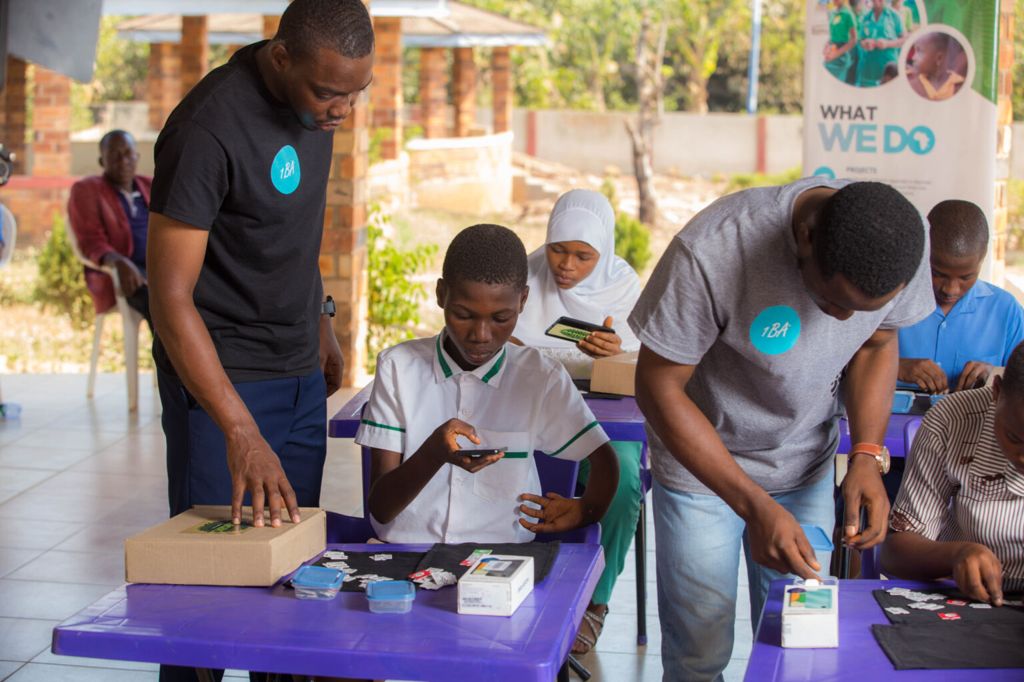South African schools are embracing tangible coding to introduce 21st-century skills to primary school learners.
Training Results
Last year, the Department of Basic Education (DBE) partnered with several teacher unions, including SADTU, NAPTOSA, SAOU, NATU, and PEU, to train 23,636 teachers nationwide in various coding platforms. The majority, 17,611 teachers, were introduced by Tangible Africa in the BOATS and TANKS Apps, which use tangible coding methods. The other teachers were trained by three different service providers, with only one using plugged coding (computers) to train 1,600 teachers.
The results from last year’s training were recently reviewed in a workshop hosted by Tangible Africa to make recommendations for a second phase in 2023.
Advantages of Tangible Coding
Professor Jean Greyling, who started Tangible Africa, said that non-plugged coding ways are similar to plugged coding. Sometimes, offline or hands-on coding is a better way to teach 21st-century skills than plugged coding. With actual coding, students can do engaging tasks and use a grid map to “touch the code.” This can give them the skills they will need for plug-in coding in college while still in elementary school.
Continued Training
The DBE wanted to train 22,500 teachers, but they were able to do more than that. Zarene Govender, who is the project lead for Skills-4-a-Changed-World and is also the Deputy Director of the DBE, said that the training would continue into a second part. The main goal of all the service providers was to teach kids 21st-century skills like critical thinking, problem-solving, and taking responsibility for their learning.
Positive Feedback
The teachers gave great comments, and many of them said that the training made a big difference in the lives of their students. For example, Madeleine Prinsloo, a Grade 5 teacher from Laerskool Generaal Beyers in Danville, Tshwane, attended the workshop. She said that the math scores of the students she taught TANKS to last year improved much more than those of students who had not taken part in the tangible coding classes. They were also chosen for roles of leadership at the school. Another teacher, Deidre van den Heever, a Grade R teacher at Eden Primary School in Vredenburg, said that coding games helped her students who spoke different languages connect better, taught them how to solve problems and think for themselves, and grew their knowledge.
Future Plans
The success of the Tangible Africa pilot project has shown that unconventional tangible coding methods can be an effective tool for teaching 21st-century skills to South African learners. The project’s second phase will continue to train teachers and provide learners with essential skills for the future.








